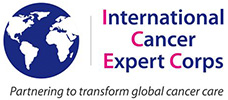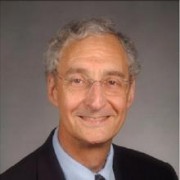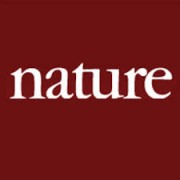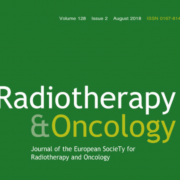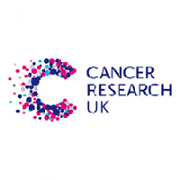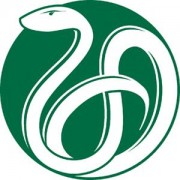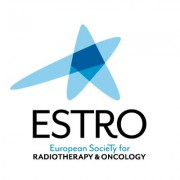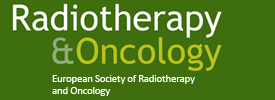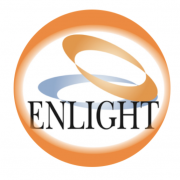Dr. C. Norman Coleman receives the the Ellen L. Stovall Award for Innovation in Patient-Centered Cancer Care
ICEC’s Senior Scientific Advisor, Dr. C. Norman Coleman, received the Ellen L. Stovall Award for Innovation in Patient-Centered Cancer Care. The award recognizes exceptional providers who are transforming cancer care.
The Stovall Award is awarded annually to individuals, organizations, or other entities who demonstrate innovation in improving cancer care for patients in America. NCCS created the Stovall Award in honor of Ellen Stovall, NCCS’ longtime CEO who passed away in 2016 due to cardiac complications from her cancer treatment. Read more…

